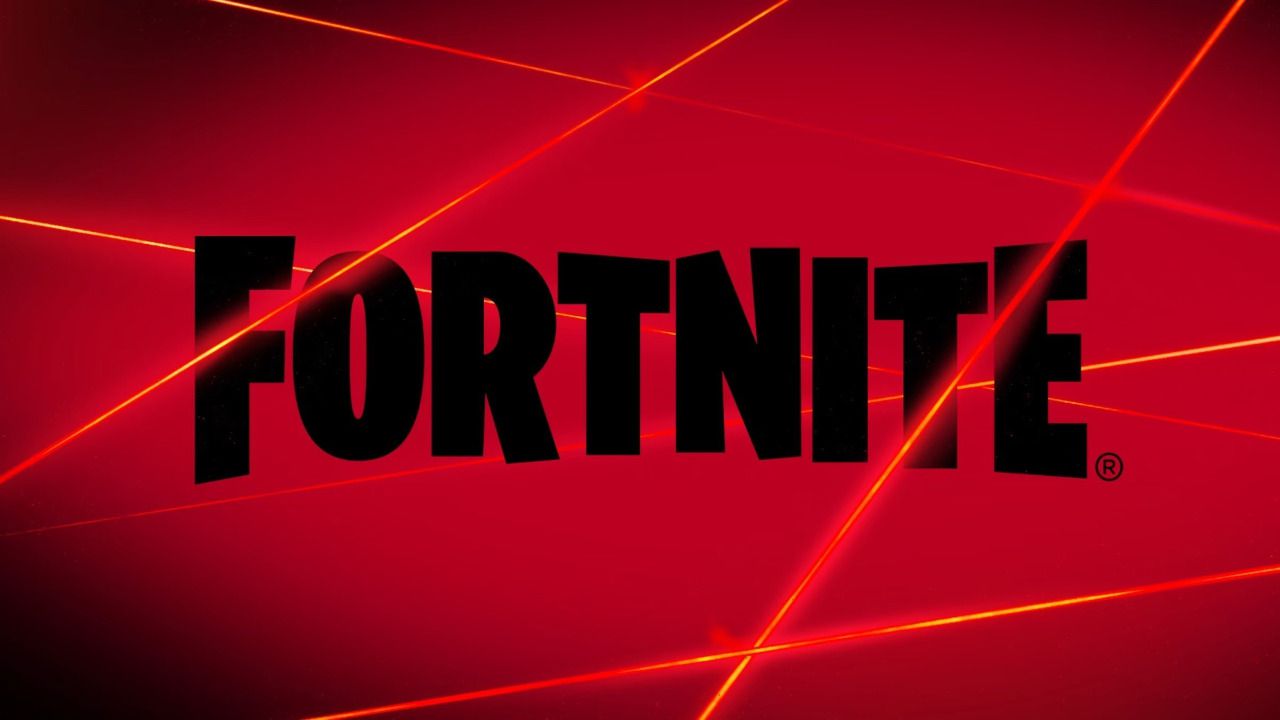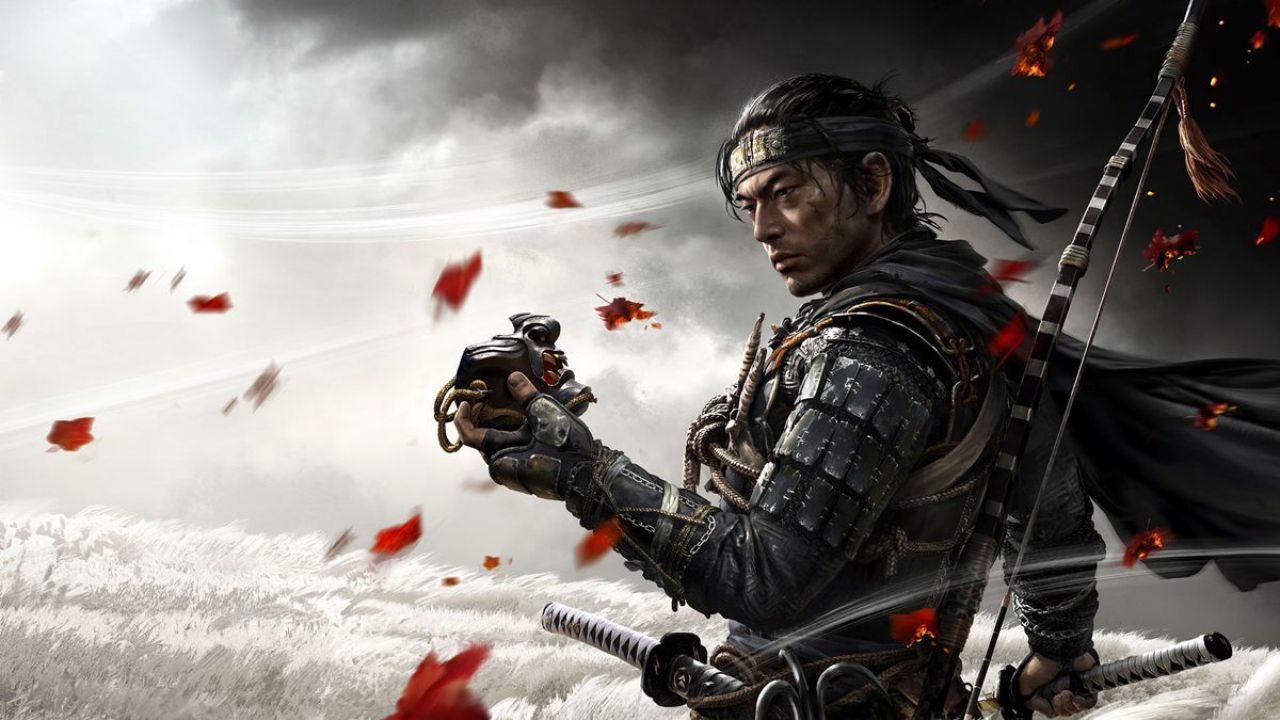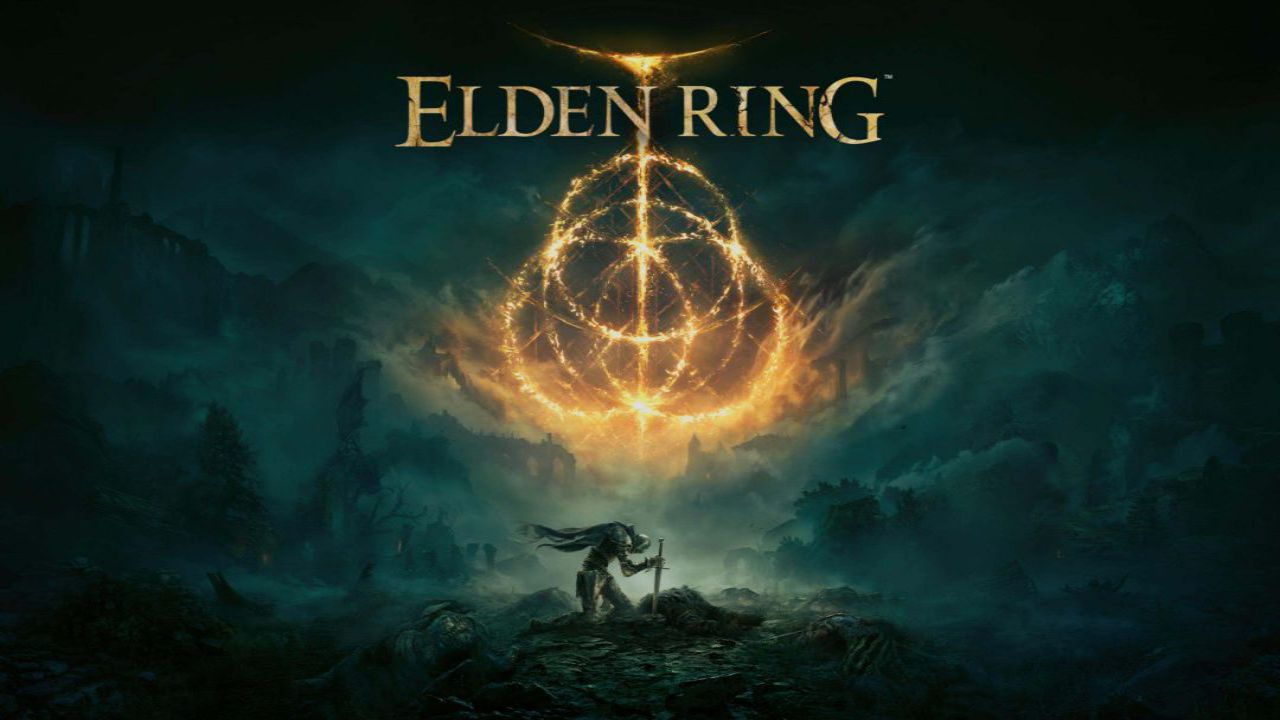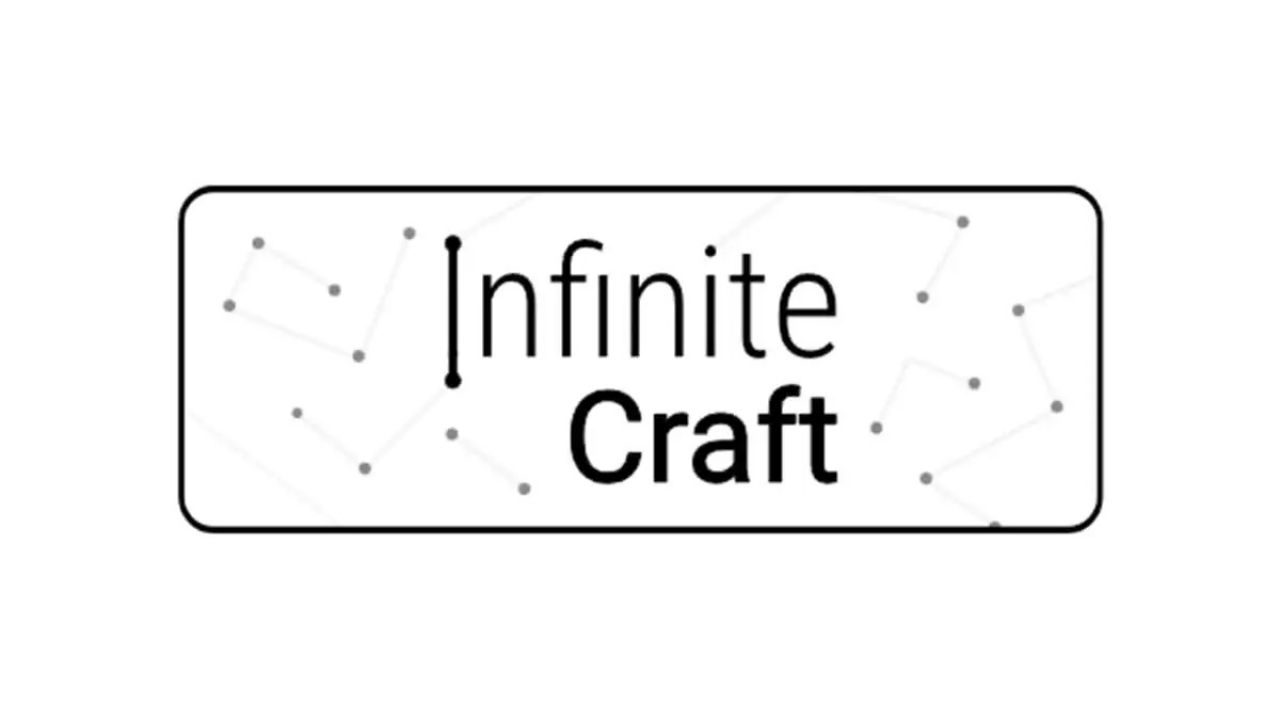Skull and Bones has finally arrived after years of delays, and players can now embark on thrilling pirate adventures, plundering and pillaging their way across the open seas. As players seek to make a name for themselves and become powerful Kingpins in charge of their own Pirate Dens, they will discover that they don’t have to embark on this journey alone. In fact, cooperation and collaboration with other players are key elements of the gameplay in Skull and Bones. This guide aims to provide players with a comprehensive understanding of how to Trade with Other Players in Skull and Bones, unlocking the potential for acquiring silver, valuable loot, and achieving glory.
During their treacherous travels, players will come across a plethora of valuable items, such as rare materials, treasure maps, food rations, and various commodities. These items can either be stored in their personal warehouse for future use or traded with non-player characters (NPCs) and fellow players for silver and coveted loot. While trading with NPC-run outposts is relatively straightforward, understanding how to trade with other players can be less apparent. This guide is designed to demystify this process and provide players with a comprehensive understanding of the trading mechanics in Skull and Bones.
How to Trade With Other Players in Skull and Bones
Sending a Trade Request
Skull and Bones offers both solo play and multiplayer aspects that heavily influence the game. Each server can accommodate up to 20 players, creating numerous opportunities for player interaction. Whether players encounter fellow pirates at outposts or clash on the high seas, the multiplayer world of Skull and Bones makes player encounters a common occurrence. Additionally, players can team up in groups of three or fewer using online co-op lobbies, enhancing the cooperative experience. Group invites can be sent to friends or any player on the server through the social menu.
Should players find themselves with surplus items or in need of some extra silver, they can engage in player versus player (PVP) trading. This feature allows players to exchange goods and silver among group members or randomly encountered players on the server. Fortunately, initiating a trade is a straightforward process.
Players seeking specific items, be it a valuable ingot or gems, can leverage the server chat features to inquire if anyone would be interested in trading. Follow the step-by-step directions below to engage in PVP trading in Skull and Bones:
- Approach another player until the “Interact” notification appears.
- Locate and click “Send Trade Request.” It is important to note that the trade can only be completed if the
- receiving player accepts the request.
- Choose the items you wish to offer in the trade.
- Once both parties are satisfied with the proposed trade, click “confirm.”
- To solidify the trade, both parties must confirm the trade once more.
Once the trade has been successfully completed, players can part ways or choose to send a group invite to team up with their newfound trading partner through the social menu. It’s crucial to recognize that trading is just one of the many benefits of online co-op. Within a group, players can assist each other with plundering, gathering crafting materials, and completing contracts. When a contract is fulfilled by any group member, it is marked as complete for everyone, and they all receive a portion of the resulting silver.
In situations where trading with other players is not an available option, players can still rely on numerous outposts and trade stations operated by NPCs. Although NPC trading lacks the excitement of PVP trading, it proves invaluable when a player is on the move and unable to engage with other players.
How to Trade With NPCs in Skull and Bones
While PVP trading adds an exciting element to Skull and Bones, players can also engage in trade with NPCs as a part of their pirate adventures. Throughout the open seas, players will stumble upon various outposts and trade stations operated by NPCs. These NPCs present players with additional opportunities to trade for resources and acquire valuable items.
Trading with NPCs is a straightforward process. Players need only to interact with the NPCs, select the items they wish to trade, and accept the NPC’s offered terms. These trade stations operate as independent entities, with their own inventory of items that players can obtain in exchange for goods, materials, or silver. Players should be on the lookout for valuable crafting materials, treasure maps, and other rare items that NPCs may have in stock.
The Player Economy in Skull and Bones
The player-driven economy in Skull and Bones plays a vital role in shaping the game’s dynamic world. Trade, loot distribution, and cooperative gameplay all contribute to the development and stability of the in-game economy. As players explore the open seas, engage in plundering, and acquire various resources and treasures, they actively participate in the player economy.
The trading system within Skull and Bones enables players to interact and collaborate with one another, fostering a vibrant player community. Through player-to-player trading, players can exchange valuable items, negotiate prices, and even forge alliances. This high level of player interaction enhances the overall gameplay experience, promoting a sense of camaraderie and shared objectives among players.
Cooperative Trading Strategies
In Skull and Bones, successful trading relies on more than simply offering goods and accepting trades. Players can employ various strategies to maximize their profits and optimize their trading experience. The details below outline some cooperative trading strategies that players can adopt:
1. Specialization: Focusing on specific goods or materials allows players to become experts in their chosen trade. By specializing, players can acquire rare and valuable items that are in high demand, increasing the likelihood of making profitable trades.
2. Negotiation: Developing strong negotiation skills is essential for striking the best deals with other traders. By understanding the market value of different items, players can offer fair trades and negotiate for better prices, ensuring that both parties benefit from the exchange.
3. Group Trading: Cooperation in trading extends beyond individual efforts. Players can team up with other traders to engage in group trading, thereby increasing their trading power, expanding their markets, and ultimately generating greater profits. Pooling resources, sharing information, and collaborating on trade routes are all key aspects of successful group trading.
4. Strategic Alliances: Establishing alliances with other players can yield significant advantages in the competitive trading landscape of Skull and Bones. By creating alliances, players can coordinate their trade routes, share vital information about market trends, and protect each other’s trading interests. Strategic alliances provide a solid support system and open doors to new opportunities and profitable trade ventures.
Shared Progression and Cooperative Objectives
Skull and Bones places great emphasis on shared progression and cooperative objectives, making collaboration an imperative component of gameplay. Trading plays a pivotal role in this cooperative experience, allowing players to work together to achieve common goals.
By collaborating on missions and contracts, players share the rewards and progress together. This shared progression fosters a sense of teamwork and unity, enabling players to build strong bonds within the pirate community. Additionally, cooperative trading enhances the overall multiplayer experience, providing opportunities for player collaboration, resource sharing, and strategic planning.
The Thrills of Plundering and Pirate Adventures
Skull and Bones is not solely focused on trading. It is an exhilarating pirate adventure filled with epic plundering and daring exploits. As players sail the open seas, they encounter various challenges, such as hostile NPCs, treacherous weather conditions, and rival pirates.
Engaging in cooperative gameplay and trading can prove to be immensely valuable during these thrilling encounters. By cooperating, players can pool their resources, gather valuable materials, and coordinate attacks. The cooperative mechanics in Skull and Bones add depth and excitement to the game, enhancing the overall multiplayer experience.
The In-Game Economy and Virtual Trading
Skull and Bones features a dynamic in-game economy that is shaped by player-driven trading and virtual transactions. Players’ trading activities and interactions directly impact the virtual economy within the game world, influencing prices, supply, and demand.
The virtual trading system in Skull and Bones enables players to engage in a vast array of economic activities, including buying and selling commodities, acquiring rare resources, and establishing trade routes. The fluctuations in the in-game economy create opportunities for players to strategize and make profitable trades, adding a layer of depth and realism to the pirate lifestyle.
The Power of Player Collaboration
Skull and Bones is a game that thrives on player collaboration and teamwork dynamics. Whether through cooperative trading, plundering assistance, or strategic alliances, players can achieve far more by working together than by going solo.
Cooperative strategies, such as resource sharing, coordinated attacks, and collaborative trade routes, significantly enhance players’ chances of success in the world of Skull and Bones. By embracing the power of player collaboration, gamers can forge unforgettable pirate adventures and shape their own destinies within the multiplayer trading system.
In Skull and Bones, trading with other players is a fundamental aspect of the gameplay experience. Whether engaging in PVP trading or leveraging NPC-run outposts and trade stations, players have numerous opportunities to trade their goods, acquire valuable loot, and accumulate silver.
The cooperative nature of the game encourages players to interact, collaborate, and form alliances, ultimately enhancing the multiplayer trading system. By mastering the art of trading, players can navigate the high seas with confidence, amass wealth and glory, and become legendary Kingpins in the pirate world of Skull and Bones.





